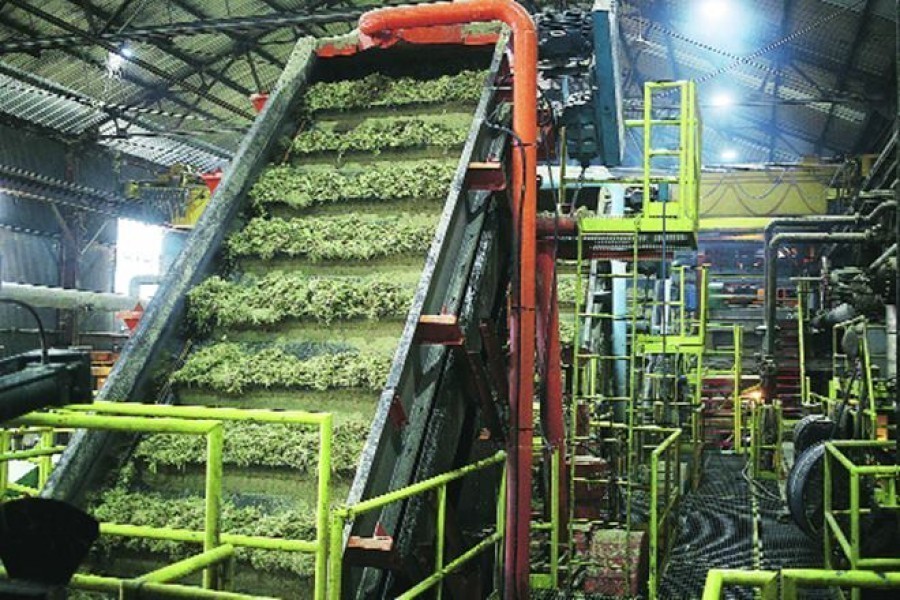Though belated and partial, the decision to close down six state-owned sugar mills is justified. The closure of all the sugar mills under the Bangladesh Sugar and Food Industries Corporation (BSFIC) has been long overdue. These mills using outdated technology are a huge burden on the country's economy.
These mills incurred a huge loss of about Tk 40 billion during the last five financial years. The volume of loss will be much bigger if their financials prepared since 1972 are taken into account. What is more worrying is that they reportedly owe nearly Tk 80 billion to banks. The level of inefficiency of the sugar mills selected for winding up could be understood from their staggeringly high cost of production. The overall cost of production of a kilogramme (kg) of sugar in these mills ranges between Tk.178 and Tk 311 while the sale price of the same hovers between Tk 53 and Tk.57 a kg. The situation in the remaining BSFIC sugar mills is almost identical.
Some actions accompanying the closure decision is bound to prompt many to raise their eyebrows. The incumbent BSFIC chairman has disclosed to the media that the workers, numbering 2884, of the mills selected for closure would be transferred to the nearby operational state sugar mills. That would amount to punishing those mills for no fault of their own.
There is no denying that closure of mills would make thousands of workers jobless and throw them in deep uncertainty. No sensible persons could reconcile to such a development. But while in employment they have not been in any comfortable situation either. Their wages have remained unpaid for months as the sugar mills could not dispose of their produce. It has been a common practice for the authorities of the mills to seek funds from the BSFIC, which in its turn, wrote to the ministry of industry to arrange finance to pay off the workers' wages and debt to the sugarcane producers.
The government has been providing subsidies in various forms and arranging loans from the state-owned banks for the financially sick state sugar mills. It, however, has not taken seriously the suggestions coming from the experts and economists to either close down the unviable sugar mills or upgrade those through necessary balancing, modernisation, rehabilitation and expansion (BMRE) projects. Rather it has been indulgent to inefficiency and incompetence.
The entry of the private sugar mills/ refineries has made the life of the state mills even more difficult. It needs to be noted here that the private sector sugar refiners are also not that better off because of the overcapacity. The private refiners now produce sugar twice the domestic demand. Export of sugar remains the only viable option for their survival, but, unfortunately, they are not competitive in the global market.
The prevailing situation, thus, necessitates the formulation of a comprehensive national sugar policy. The policy should suggest the government what it should do with the state sugar mills that are in a deplorable state. The policy should also offer a sense of direction to the private sector to help it grow in a healthy environment.


